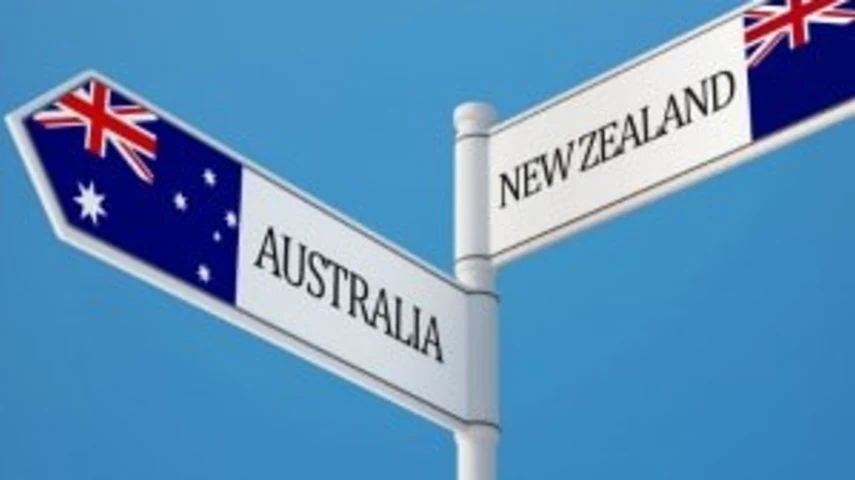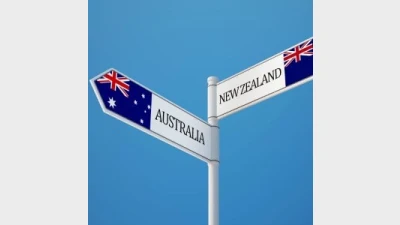Antipodes launches PIE funds in NZ



Boutique global equities investment manager, Antipodes Partners, has launched portfolio investment entity (PIE) versions of two of its funds in New Zealand.
The PIE structure would provide investors under special tax rules with a maximum tax rate of 28 per cent on their investment returns.
These new PIE funds would feature Antipodes’ global long-short and global long-only strategies, which had A$5.85 billion and $1.68 billion respectively in assets under management (AUM).
The firm already offered investors its Australian-domiciled funds in New Zealand and launched both of its global strategies in PIE format due to investor demand.
Antipodes’ managing director, Andrew Findlay, said the global investment outlook was “celebrating stocks that display high growth, profitability and momentum independently of their starting multiples”.
“Troubled by fears of de-synchronising global growth, investors continue to prefer the US while at the same time rotating out of low multiple stocks, or ‘value’ in favour of ‘structural growth’ and ‘quality’ exposures, irrespective of price,” he said.
According to Findlay, both North American and Developed European equities looked expensive.
Given these regions represent over three-quarters of the MSCI ACWI, investing in the global index is unlikely to lead to attractive long-term outperformance, he said.
“Comparatively, both Developed Asia – especially Japan, Korea and Taiwan – and the overall emerging market sector stand out as regions with greater return potential, demonstrating the need for active investment management.”
Recommended for you
LGT Wealth Management is maintaining a neutral stance on US equities going into 2026 as it is worried whether the hype around AI euphoria will continue.
Tyndall Asset Management is to close down the Tyndall brand and launch a newly-branded affiliate following a “material change” to its client base.
First Sentier has launched its second active ETF, offering advisers an ETF version of its Ex-20 Australian Share strategy.
BlackRock has revealed that its iShares bitcoin ETF suite has now become the firm’s most profitable product line following the launch of its Australian bitcoin ETF last month.











